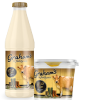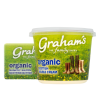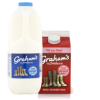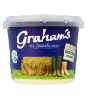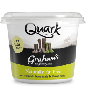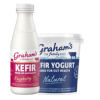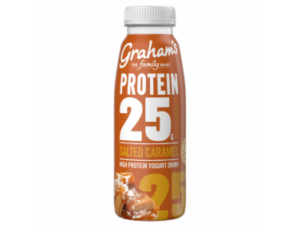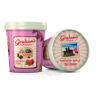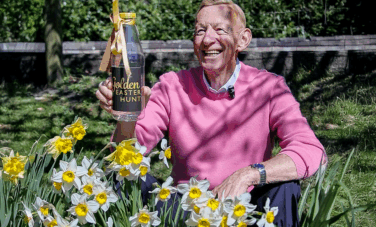
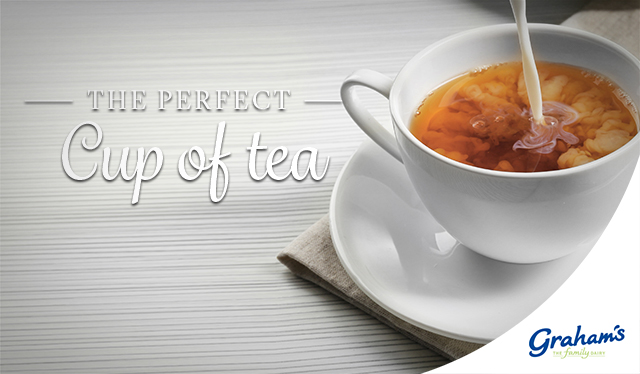
Would it be too far to go to say that brewing a good cup of tea is an art form? We don’t think so. It’s more than just a little pick-me-up that we have to keep our energy and focus in check while going about our day-to-day. It’s an age old ritual that’s been an integral part of British life for years… if not centuries! But what makes a perfect cup of tea? Well, everyone has their own ‘recipe’ so it’s not for us to say – but there are many different factors to consider in what makes something truly award-worthy out of the humble brew.
Boiling point
The first step to making tea is usually to fill the kettle and get it going while we arrange the rest. But! Before you flip that switch, did you know there’s thought to be an optimum water temperature? Some argue that most black teas require a temperature of around 96°C – so slightly lower than the temperature of freshly boiled water. Aficionados claim that this makes a difference to the overall taste and is the best way to avoid too much bitterness. Some, however, like it hot. In a study carried out by the University of Northumbria’s School of Life Sciences they concluded that the ‘best’ way was to use boiling water. The one thing to avoid is most definitely re-boiling your water, this takes too much of the oxygen out and can result in a metallic taste.
Patience
Now, while most good teas will give you some indication of the ideal brewing time on the packet, the strength of the tea is again down to personal preference (and often depends on how much work we’ve got to get through!). A rough rule of thumb is; 30 seconds for a ‘weak’ brew, 1 minute for a standard one and 2 minutes to get the most out of your teabag. Experts tend to agree that leaving your tea to steep for much longer than the 2 minute mark will put your cup past its prime.
Adding milk
You might notice that we’ve left this rather controversial stage until last. We recently conducted a poll on our social channels, and most people seemed to prefer adding their milk in after the water and teabag (or loose leaf if you’re feeling fancy) had brewed. One thing everyone can agree on is that the film that sometimes forms on the surface of your cup of tea is pretty unpleasant. This happens when the water you use to make your tea is too ‘hard’ (due to naturally occurring calcium that the water runs through). If this is a common annoyance for you, boiling mineral water is a great way to avoid this happening.
Does the perfect cup of tea exist? Yes, definitely! But there’s no one ‘perfect’ way to do it. Milk first, leaving it to stand for more than two minutes, loose leaf or teabags… it’s all down to personal preference if you ask us! Have you got a unique way of making a brew? Get in touch via our social channels to let us know.

